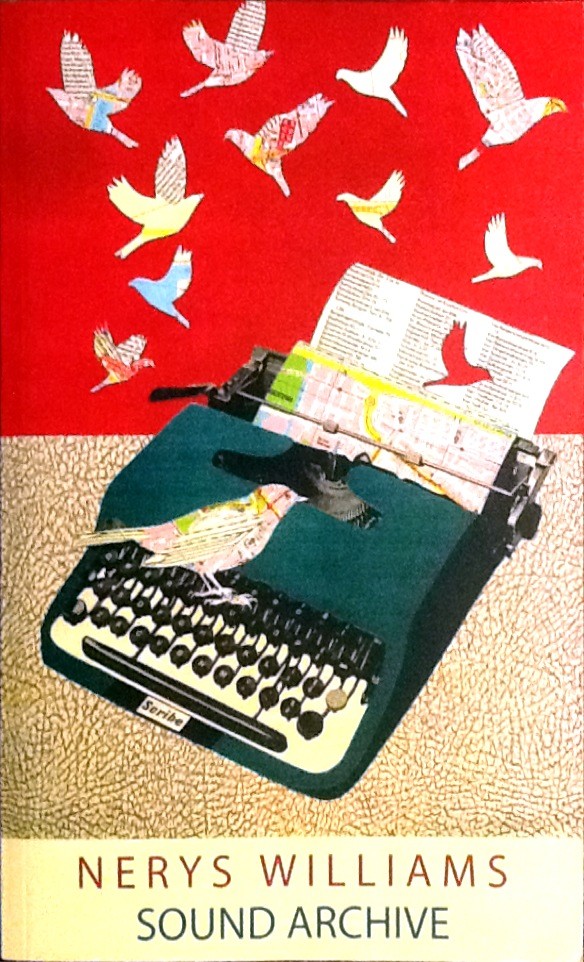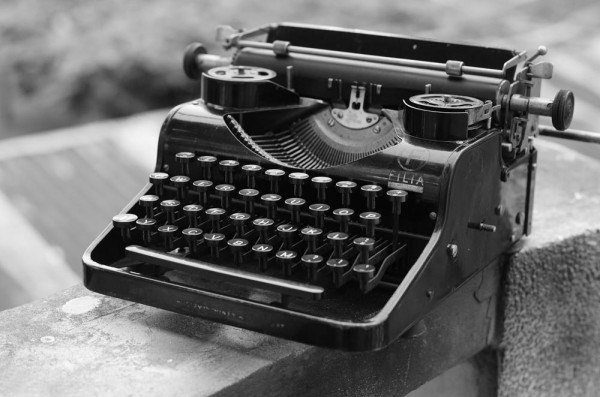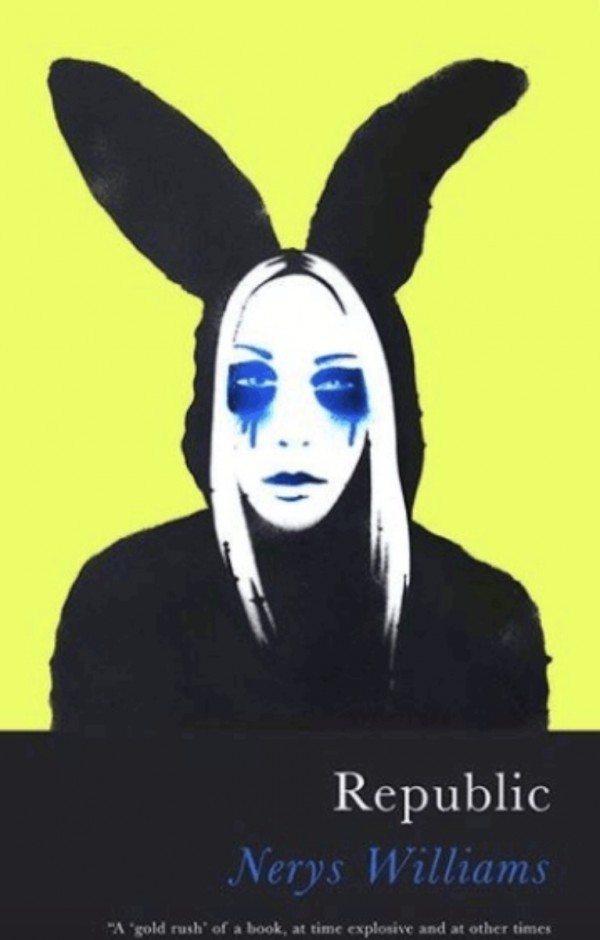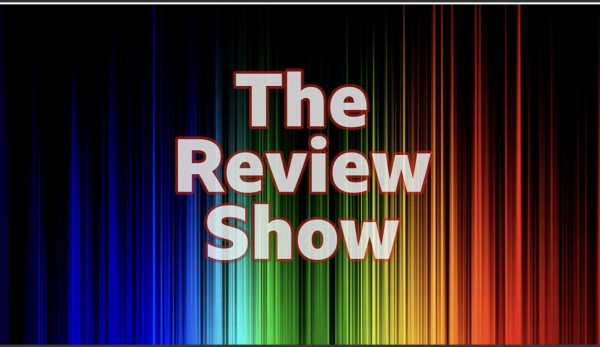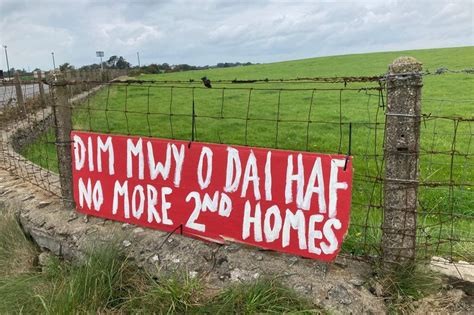Bilingualism: Slippage of a phoneme or two
Initially it might be easy to throw some theory at the question of bilingualism and poetry. Compelling enough is Tzvetsan Todorov’s often-cited proposition that we must approach bilingualism as the simultaneous existence of more than one cultural model, or what he gestures to as a form of ‘dialogism’. Certainly I agree not to think of bilingualism as two distinctive languages operating independently. My own experience rests more on the wonderful often-glutinous errors that can occur in misunderstanding meaning within one language and how phonetically seductive these errors can be. Error for me started very young. Competing in a recitation performance at the age of five I almost burst into tears when at the close of the performance the audience laughed in unison. Nobody had explained to me that a) it was a humorous poem b) ‘penwaig’ in the title ‘Twm a’r Penwaig’ meant herring. Throughout the process of memorisation I had secretly inserted an extra if unpronounced phoneme. ‘Penwaig’ had become a nonsensical ‘penwraig’ in my head¬ –the inserted ‘r’ made Twm’s sack at the close of the poem filled not with stinky old herrings, but a decapitated woman’s head. Twm’s version of ‘Isabella’ made me a surprised winner, but not for reasons of narrative lucidity.
So, I consider myself to be a native Welsh speaker, nativity at its most basic sense of a growing in a Welsh speaking language household first and a televised version of English speech second. Yet, I write poetry in English. First teenage poems were commented upon as often incomprehensible to my teachers, opaque with variations of citations from music lyrics and films that I liked, the seduction and clang of internal rhyme, words chosen for their magnetic melos as opposed perhaps to any logos. Have things changed? A little but maybe not that much. Musicality and the Welsh language? That trope?
I delight in the subversive qualities that sonic association, affirmation and deconstruction often propel: word colour. In rehearsing the performance of a poem, or the recital of a song, Welsh speakers frequently gesture to a process of ‘lliwio’r darn.’ Translated literally as the ‘colouring of the text’- this idiomatic saying has little to do with ‘filling in’ the blankness of an outline. Instead it emphasises the tonal structure of the poem or lyric; how certain resonances can be accentuated through the modalities of voice. Fortuitously perhaps lliwio is also phonetically identical to ‘llywio’- to steer, to give direction. Pivotal to the ‘colouring’ of any text is the process of interpretation, the evocation of words on the page or score into an empathetic and emotive performance. This act of interpretation hinges upon the willingness of the performer to somehow inhabit the work. This is what my poetry attempts to do on the page–

